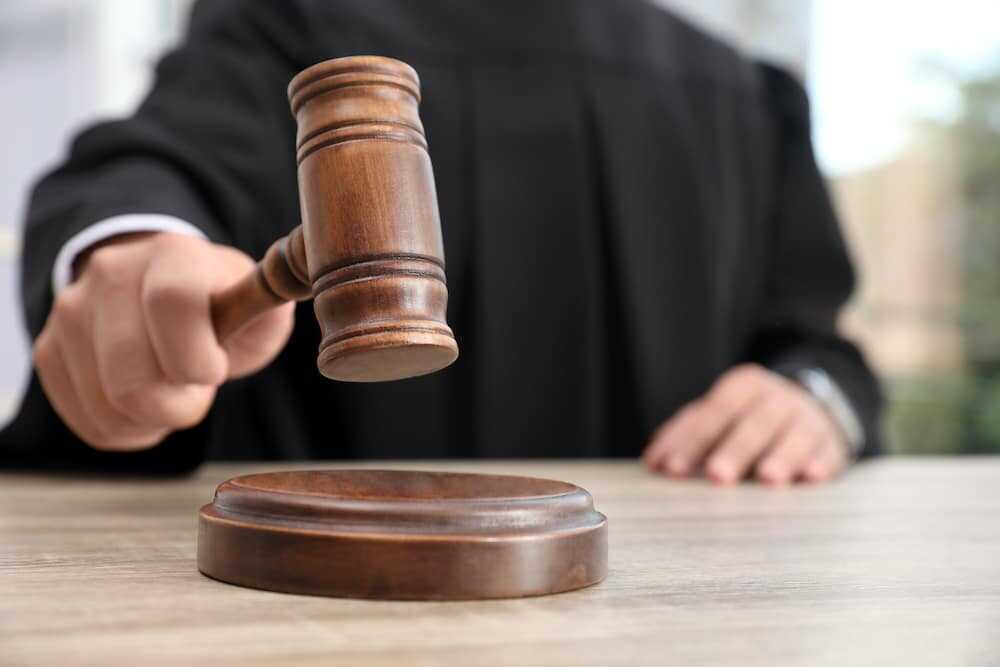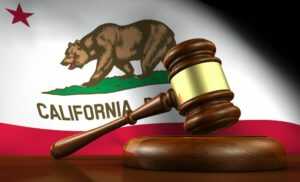
What to do in the event of a wrongful death?
If you have lost a loved one because of wrongful death, California law allows you to recover associated financial losses. However, this is not as easy as simply filling in a claim. The state requires numerous procedures and courts and demand litigants offer solid evidence before ruling that someone is accountable for the wrongful death and, therefore, financially responsible for associated fallout.
Wrongful death statistics for the U.S. in 2017 reveal that 6% of the total deaths amounted to 169,936 lives lost. This is the 4th leading cause of death in the country. These figures include driving-related fatalities, medical errors, and workplace accidents. Negligence, gross negligence, recklessness, and intentional acts support wrongful death filings. Other examples include the death of pedestrians, DUI accidents, drowning, slips or falls, murder, assault, and the abuse of the elderly or children.
What is a Wrongful Death?
A wrongful death claim is a civil lawsuit that can be brought by the survivors of the deceased or by a personal representative of the decedent’s estate. Monetary damages are sought from another person or entity for the wrongful act or negligence. If the lawsuit is successful, the court orders the defendant to pay damages to the deceased’s family. In California, the family of the deceased can begin a civil wrongful death claim even during an ongoing criminal case.
Which parties are allowed to file a wrongful death claim?
The wrongful death statute of California falls under the Code of Civil Procedure section 33760. Under the code, these are the people who can file suit:
- Surviving spouse
- Surviving domestic partner
- Surviving children
- Those entitled to the deceased’s property if there is no direct line of descent. These usually include parents or siblings.
- Anyone who can prove that they were financially dependent on the deceased person. These include putative spouses and their children, stepchildren, and parents.
Every wrongful death case against one party can only be made in a joint suit by all claimants. Claimants who fail to join may be barred from bringing later suits. And any heirs who don’t want to be included must be named defendants. If the heirs intentionally omit a claimant, they may be responsible to him.
Recoverable Damages
These often constitute the value of support that the heirs would have received if the victim were still alive. Economic losses refer to financial support the deceased would have contributed, including gifts and benefits, funeral and burial expenses, and the value of reasonable household services. Compensatory damages include non-economic damages like protection, companionship, affection, guidance, and moral support of the claimants.
Statute of Limitations

In California, wrongful death claims must be filed within two years of the date of the descendant’s death. Not without complications, proving a wrongful death and establishing the damages sustained require skilled attorneys who understand the law and can use it to the advantage of the claimants.
The attorneys at Moet Law specialize in compensation law and will pay attention to even the smallest details. We make sure nothing is excluded, so the family of the deceased receives the money they deserve for the wrongful death and associated loss of financial and emotional support. If you think you may be connected to a potential wrongful death suit, email or call Moet Law today at (866) 424-0789.